India's Narendra Modi Emerges As Country’s Strongest Political Leader Since 1984, Paving Way For Reforms, Economic Progress
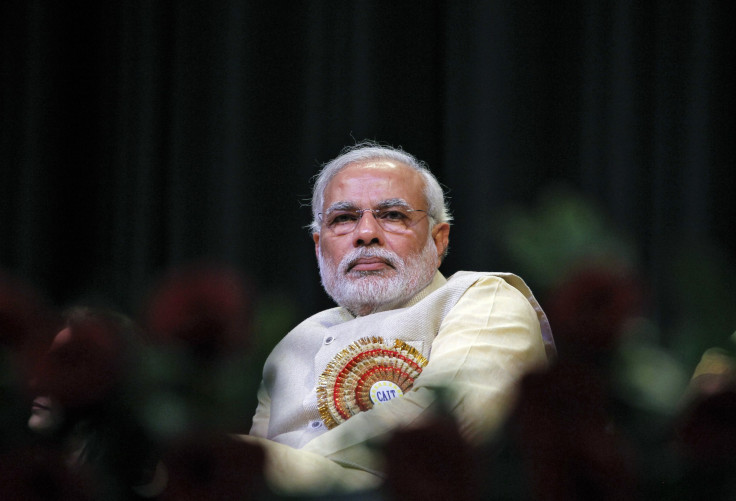
Under the leadership of its prime ministerial candidate, Narendra Modi, India’s Bharatiya Janata Party, or BJP, has surpassed its own estimates by the decisiveness of its victory over India's dynastic Congress party, which led the country for the past decade.
By Friday evening, the Modi-led BJP was on course to win more than 284 seats out of a total of 543 in the Lok Sabha, the lower house of the Indian parliament, while its 28-party coalition was leading the vote count having won over 300 seats. In contrast, the Congress party had won only 46 seats. BJP's showing, which gives it an absolute majority and is expected to allow it to implement much-needed reforms without bowing to the demands of regional allies, is a landmark not seen in the country since the Congress won a clear majority in 1984.
“A clean mandate will help the government to be decisive with reforms and that is crucial given our past experiences in this country,” Ajay Kaul, CEO of Jubilant Foodworks Ltd. (BOM:533155), told Reuters. “What we are feeling most optimistic about is that the party winning this election came forward with a very clear development agenda and India needs that.”
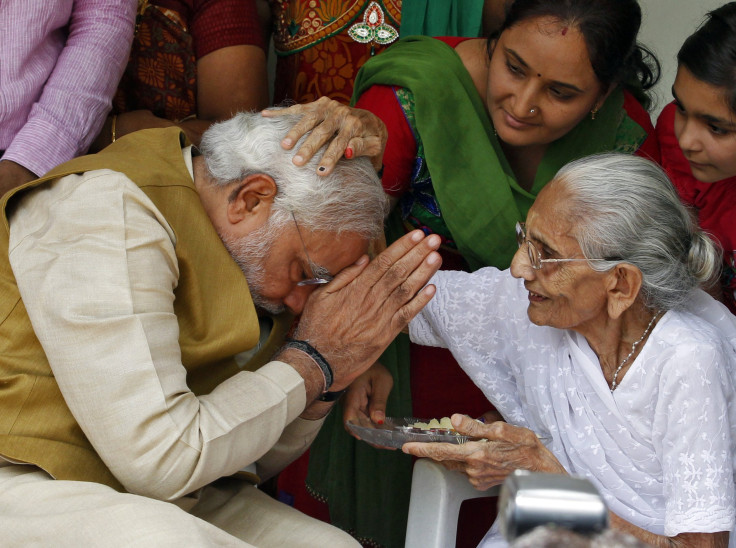
Kaul's opinions are widely shared by corporate India and investors who are confident that Modi will deliver bold and decisive policy reforms that are crucial to promote economic growth in the world's largest democracy where growth has plummeted to lows not seen in a decade.
“If the government is positive and announces some policies which are positive and conducive for investment and growth, corporates will plan their expansion and all, which will result in credit demand,” Sudhir Kumar Jain, chairman of Syndicate Bank, told Reuters, adding that the bank was looking to raise $720 million, mostly in dollar bonds, from the market.
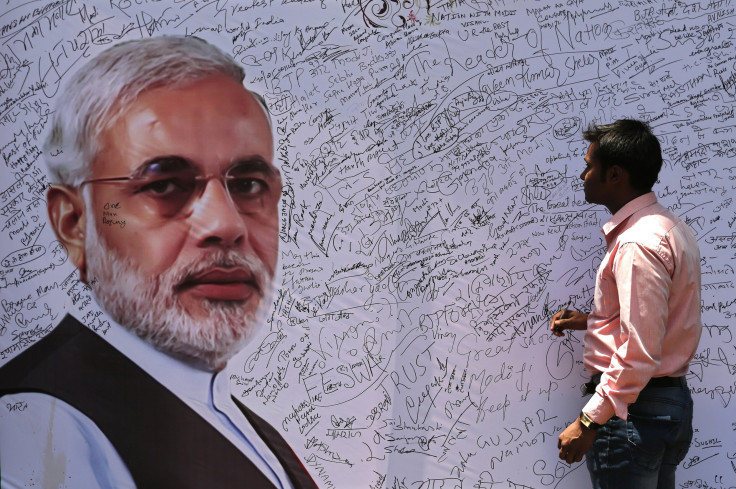
Over the years, winning an absolute majority in India's fractured and widely diverse political arena has proved to be difficult as power has increasingly migrated toward regional parties, whose support has eventually turned out to be crucial to form a government at the federal level. However, policy paralysis and a severe economic slowdown triggered a record turnout at the polls with 66 percent, or 537 million, of voters coming out to cast their ballot in the weeks-long, nine-phase nationwide elections.
With Friday’s results, Modi has emerged as the strongest political leader in India in the past 30 years as no other party has won so many seats since the 400-plus seats won by Congress scion and grandson of Jawaharlal Nehru, Rajiv Gandhi, in 1984 when he became prime minister after the assassination of his mother, Indira Gandhi.
“This is a win for the people of India and demonstrates how young participation can transform the country,” Vineet Mittal, vice-chairman of Welspun Renewables Energy, said according to Press Trust of India. “Stable government with clear majority will boost confidence of the industry, global community and foreign investors.”
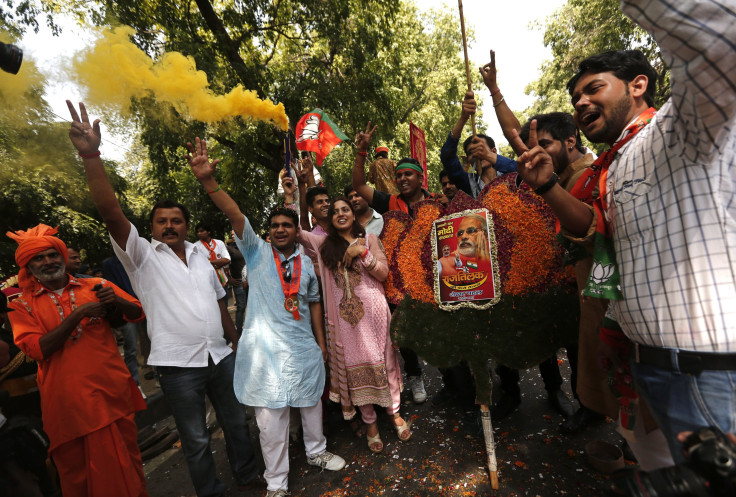
A lot was at stake for India, troubled with sickly economic growth and rampant corruption, in the 2014 elections. The country is facing its longest slowdown since the 1980s, with economic growth at less than 5 percent, significantly down from the near double-digit growth rates seen only a few years ago, and the economic imperative to generate an 8 percent growth rate, which will help it create enough jobs to employ the 10 million young people joining the workforce every year, Reuters reported.
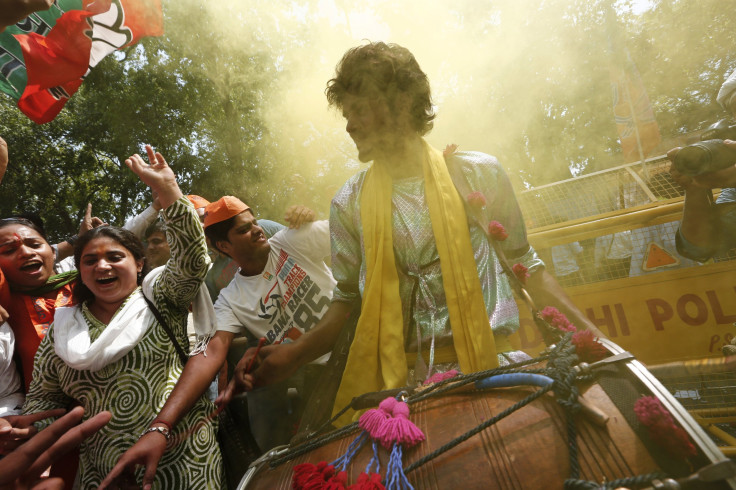
Friday’s results also underline the faith that India's markets have set in Modi of replicating his success as a reformer in his home state of Gujarat on a national scale. On Friday, India’s Sensex index soared 6.1 percent to an all-time high of 25,375.63, before ending the day at 24,121.74, up 0.9 percent, while the rupee gained 0.7 percent against the dollar to close at 59.29/30.
“The key takeaway is it will be a stable government, which means the government will be under no pressure to not revive economic reforms, bring down the inflation and restart the infrastructure building activities, which were not happening,” Venugopal Dhoot, chairman of Videocon Industries Ltd. (BOM:511389) in Mumbai, told Reuters.
© Copyright IBTimes 2024. All rights reserved.





















